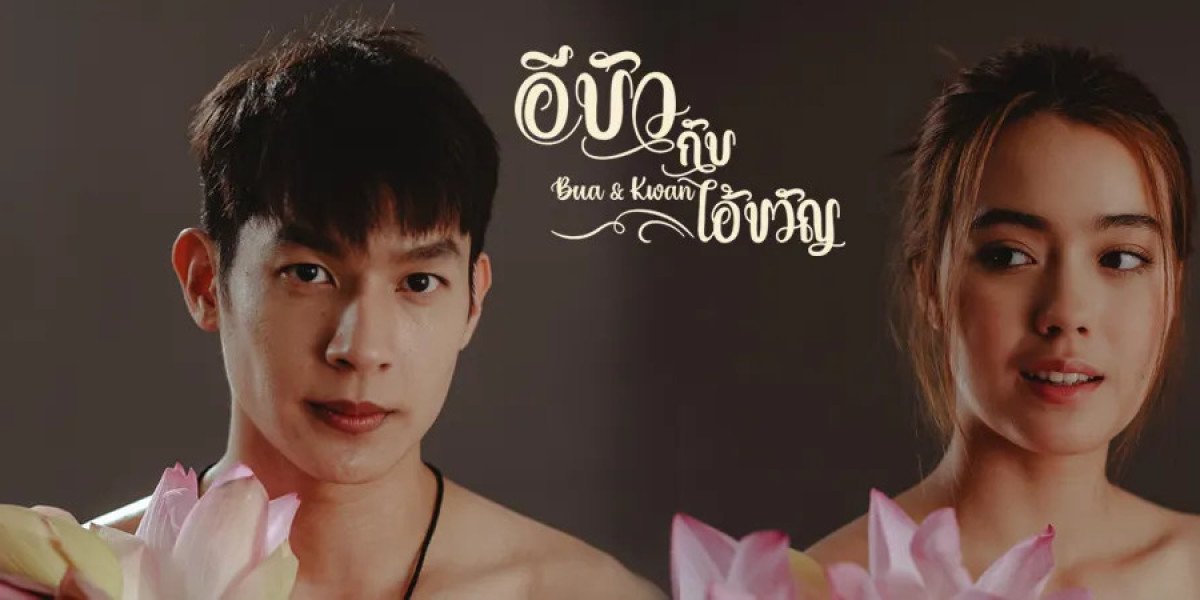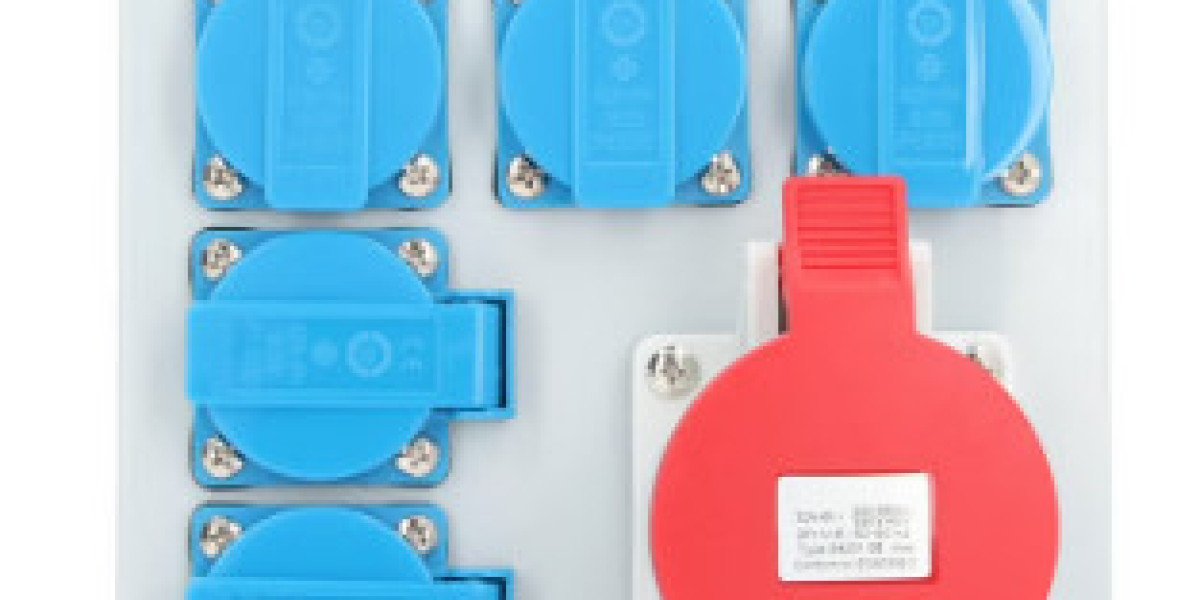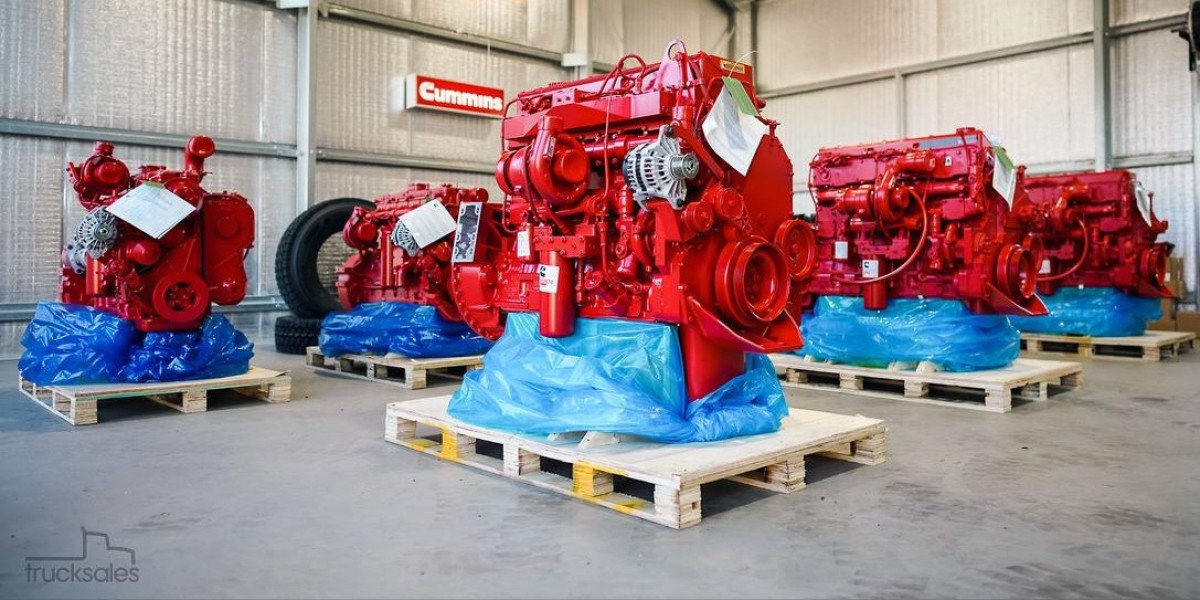E-Bua Gup Ai Kwan: A Deep Dive Into Its Origins and Relevance
E-Bua Gup Ai Kwan (อีบัวกับไอ้ควาญ) is a phrase deeply rooted in the cultural tapestry of Thailand. Known for its unique phonetic charm, it has sparked curiosity among language enthusiasts and cultural historians alike. This article explores the etymology, cultural context, and contemporary usage of this fascinating phrase.
What Does E-Bua Gup Ai Kwan Mean?
The phrase "E-Bua Gup Ai Kwan" loosely translates to “Bua and Kwan” in English. While its literal meaning might seem straightforward, the underlying significance lies in its colloquial and idiomatic usage.
E-Bua (อีบัว): Refers to a female character named Bua, often depicted as a simple or relatable archetype in Thai storytelling.
Ai Kwan (ไอ้ควาญ): Represents a male counterpart, often embodying humor, mischief, or humility.
Together, these names evoke imagery of common folk or humorous scenarios in Thai culture.
The Origins of the Phrase
The origins of this phrase trace back to traditional Thai folklore and literature. It has been used in parables, jokes, and moral stories to highlight relationships, societal norms, or comedic interactions between characters.
Cultural Significance
In Thai Storytelling
The pair symbolizes the simplicity and charm of everyday relationships. Whether in literature, drama, or local sayings, E-Bua and Ai Kwan represent a comedic duo whose interactions often deliver moral lessons.
In Modern Context
Today, the phrase has found its way into modern slang, memes, and even song lyrics. It resonates with younger generations due to its humor and relatability, ensuring its continued presence in Thai popular culture.
SEO Insights: Why People Search for "E-Bua Gup Ai Kwan"
Cultural Exploration: Many search for its origins and meaning to understand Thai culture better.
Language Learning: Thai language learners often encounter this phrase in colloquial speech or media.
Humor and Entertainment: It’s a catchy phrase often associated with jokes or entertaining anecdotes.
Frequently Asked Questions (FAQs)
1. Is E-Bua Gup Ai Kwan a Common Thai Phrase?
Yes, it’s commonly used in informal settings and often carries a humorous or playful tone.
2. What Are Some Similar Thai Phrases?
Other phrases with a similar vibe include:
Tam Lueak Tam Noi (ตามเลือกตามน้อย): A phrase describing mutual respect in choice.
Khon Dee Mai Mee Wan Tai (คนดีไม่มีวันตาย): Highlighting the eternal nature of goodness.
3. How Can Foreigners Use This Phrase?
While it’s primarily used in casual settings, foreigners can use it humorously after understanding its proper context to connect with Thai locals.
Conclusion
E-Bua Gup Ai Kwan is more than just a phrase; it’s a window into the richness of Thai culture and language. Whether you’re a language enthusiast, cultural historian, or simply curious, exploring the layers of meaning behind this phrase can be an enriching experience.
For those eager to delve deeper, consider studying Thai folklore or engaging with locals who can provide personal anecdotes and interpretations.
Keyword Optimization Tips:
Incorporate variations like "meaning of E-Bua Gup Ai Kwan," "Thai idiomatic phrases," and "understanding Thai slang" to enhance search visibility.
Use long-tail keywords like "cultural context of E-Bua Gup Ai Kwan" or "how to use Thai phrases humorously."







